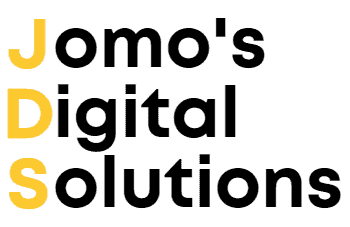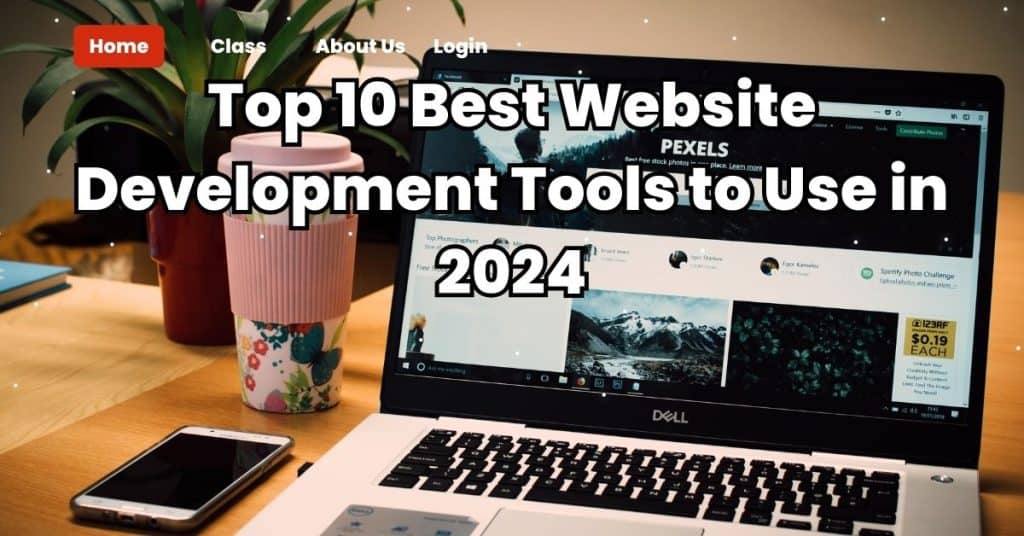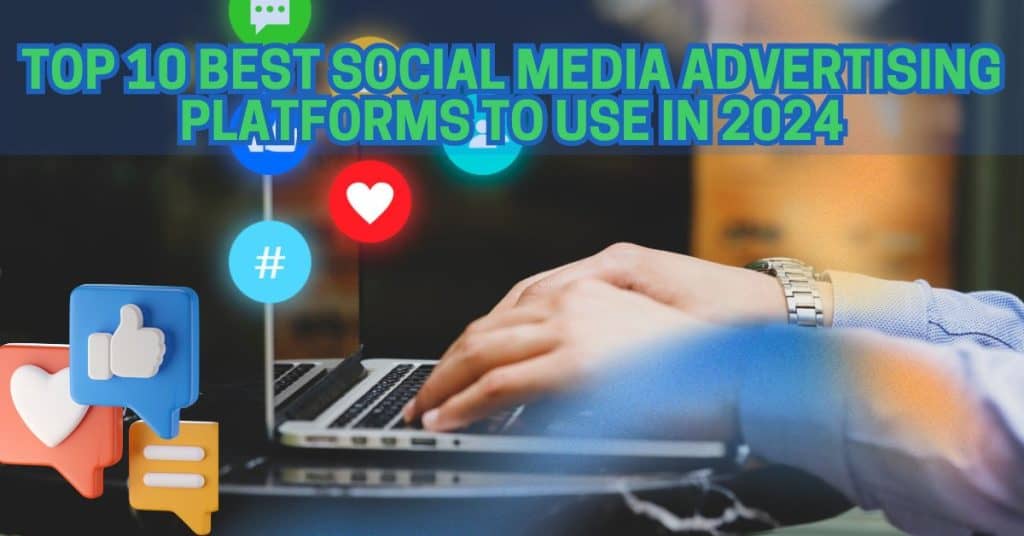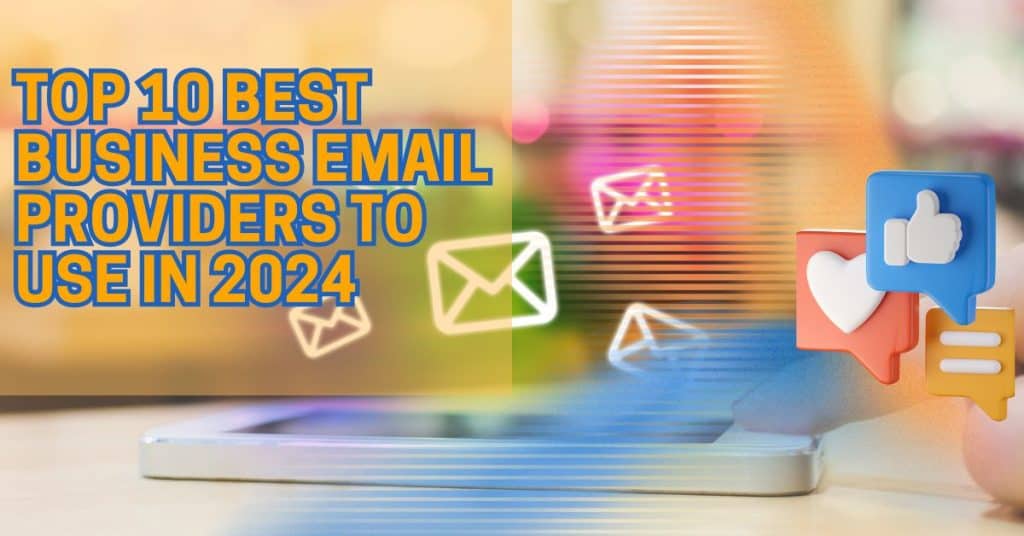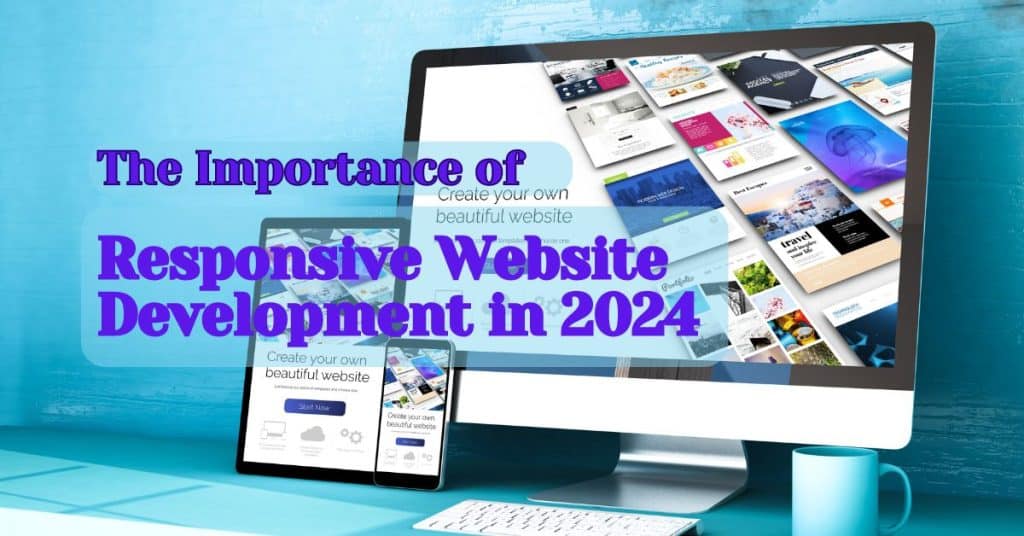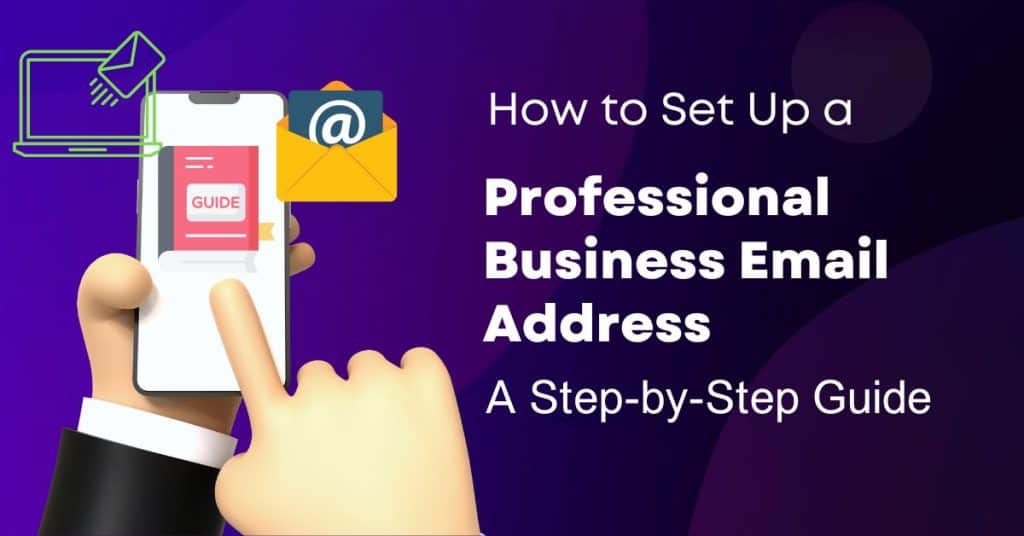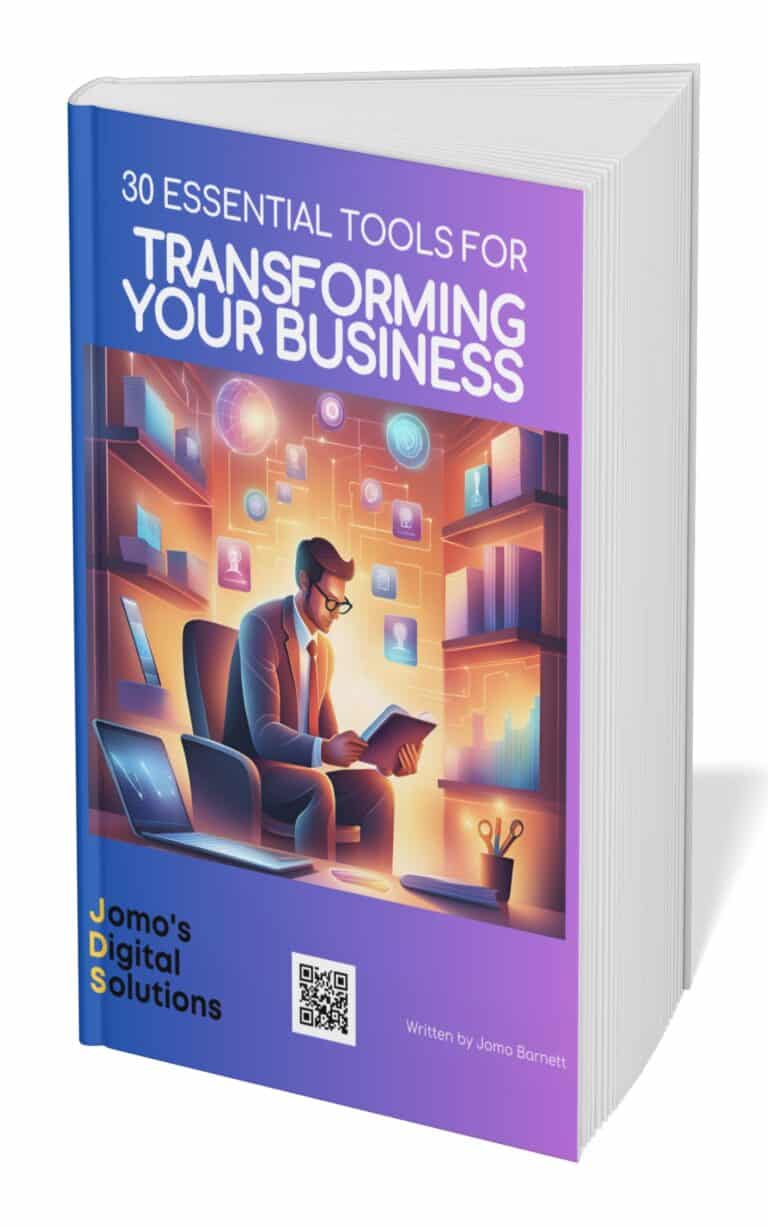The Power of CRM: Transforming Businesses Through Customer Relationship Management
In the fast-paced world of business, managing customer relationships effectively is paramount to success. Customer Relationship Management, commonly known as CRM, has emerged as a powerful tool that enables businesses to connect with their customers, streamline processes, and improve profitability. In this article, we will delve into what CRM is, its key components, and why it is indispensable for business professionals in today’s competitive landscape.
Key Components of CRM:
1. Centralized Customer Database:
One of the fundamental aspects of CRM is its ability to centralize customer data. This includes contact information, purchase history, preferences, and interactions across various touchpoints. Having a unified view of customer data is essential for personalized communication and targeted marketing.
2. Sales Automation:
CRM systems automate the sales process by tracking leads, managing opportunities, and forecasting sales. Automation reduces manual work, enabling sales teams to focus on building relationships and closing deals.
3. Marketing Automation:
CRM software facilitates targeted marketing campaigns. It analyzes customer behavior and preferences to create personalized marketing strategies. Automated email marketing, social media integration, and analytics help businesses engage with their audience effectively.
4. Customer Support and Service:
CRM tools enhance customer support by organizing and managing customer inquiries, complaints, and feedback. This ensures timely responses and customer satisfaction, leading to increased loyalty and retention.
5. Analytics and Reporting:
CRM systems provide valuable insights through analytics and reporting features. Businesses can analyze customer behavior, sales trends, and marketing ROI. These insights aid data-driven decision-making and strategy refinement.
Why Businesses Need CRM: The Benefits Unveiled
1. Enhanced Customer Relationships:
CRM fosters stronger customer relationships by enabling personalized interactions. Businesses can tailor their communication based on customer preferences, purchase history, and feedback. This personal touch builds trust and loyalty, encouraging repeat business.
2. Improved Customer Service:
Efficient handling of customer inquiries and issues is vital for customer satisfaction. CRM systems streamline customer support processes, ensuring timely responses and resolutions. Satisfied customers are more likely to recommend the business to others, leading to organic growth.
3. Increased Sales and Revenue:
By automating the sales process and providing insights into customer behavior, CRM systems empower sales teams to identify upselling and cross-selling opportunities. Targeted marketing campaigns based on CRM data result in higher conversion rates and increased revenue.
4. Better Data Management:
CRM centralizes customer data, making it easily accessible and manageable. Businesses can segment their customer base, allowing for targeted marketing efforts. Accurate data also aids in forecasting, inventory management, and overall business planning.
5. Enhanced Productivity and Efficiency:
Automation of repetitive tasks, such as data entry and follow-up emails, saves time and resources. Sales and marketing teams can focus on strategic activities, leading to increased productivity. CRM also promotes collaboration among teams, ensuring everyone is on the same page regarding customer interactions.
6. Competitive Advantage:
In today’s competitive market, businesses need to differentiate themselves. CRM equips companies with valuable insights, enabling them to stay ahead of market trends and customer preferences. Businesses that understand their customers better can offer superior products and services, gaining a competitive edge.
7. Customer Retention and Loyalty:
CRM helps businesses identify and nurture their most valuable customers. By understanding their needs and preferences, businesses can create loyalty programs, personalized offers, and excellent customer service. Satisfied customers become loyal advocates, driving referrals and long-term revenue.
Conclusion: Embracing CRM for Long-term Success
In the digital age, where customers have abundant choices and high expectations, businesses must adapt to survive and thrive. CRM is not just a software; it’s a strategic approach to understanding and connecting with customers in meaningful ways. By harnessing the power of CRM, businesses can build lasting relationships, drive sales, and gain a competitive advantage in the dynamic and ever-changing market landscape. Embracing CRM is not just a choice; it’s a necessity for any business aspiring to achieve long-term success and create a loyal customer base that fuels growth and innovation.
Understanding CRM: A Comprehensive Overview
CRM Defined: CRM, or Customer Relationship Management, refers to the strategies, technologies, and practices that businesses use to analyze and manage customer interactions and data throughout the customer lifecycle. It aims to improve relationships with existing customers, acquire new customers, and win back former customers.
